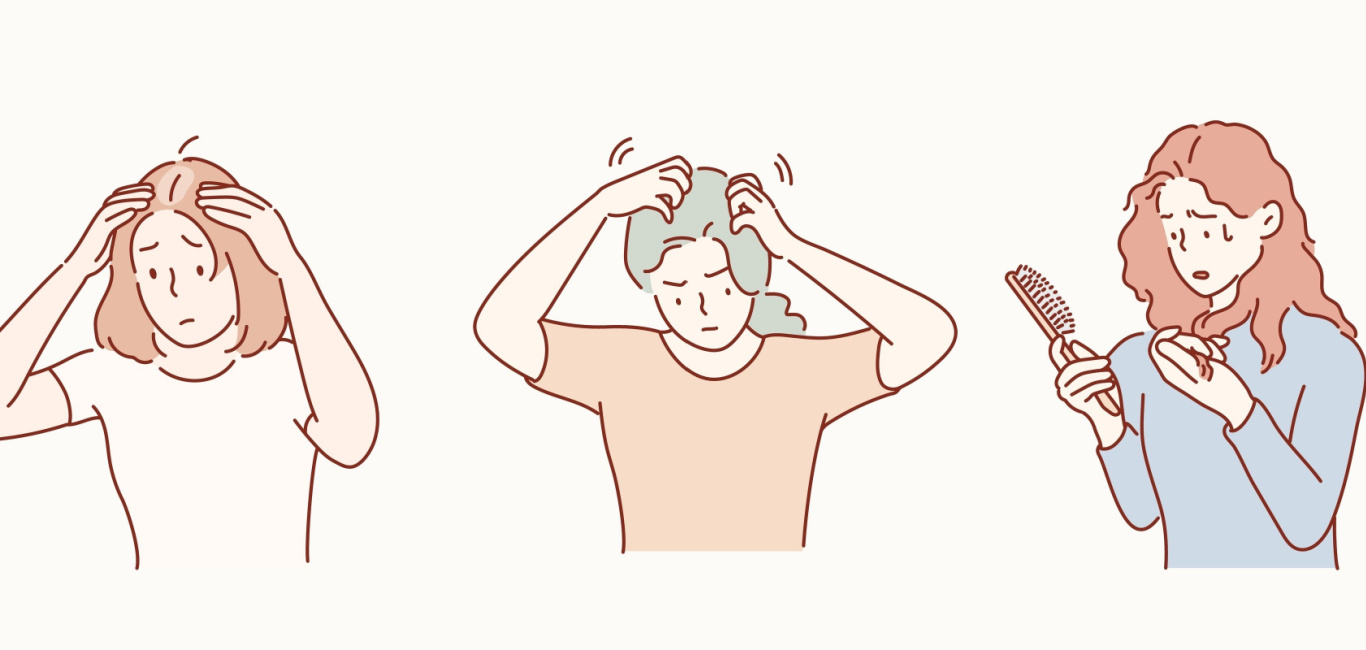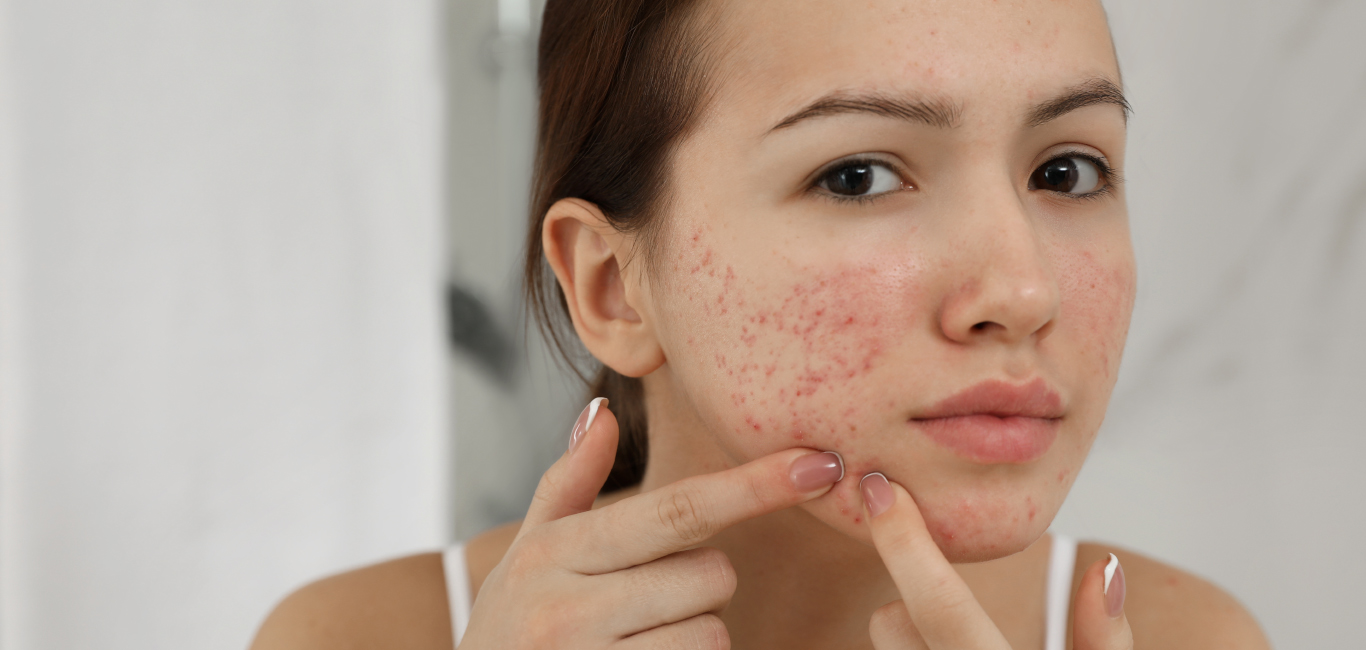
Many myths have been passed down to us over generations. For example, you might have heard the advice against cutting nails at night. This myth originated from the days when there was no light at night, and cutting nails in the dark could lead to injury. Similarly, there are plenty of myths surrounding hair, such as the belief that plucking one grey hair causes more to grow. It is essential to separate fact from fiction when making decisions about our hair. Happiest Health debunks seven such hair myths with expert insights.
Hair care myths
1. Trimming your hair makes it grow faster.
According to Dr Niti Gaur, dermatologist and founder of Citrine Clinic, Gurugram, trimming does not affect hair growth, as hair grows from the root and not from the ends. However, trimming does help with the hair’s overall appearance by preventing split ends from growing up the hair shaft, which can often make the hair ends look thin. “As the average person’s hair only grows six inches per year, no matter how badly we want it to grow faster, patience and proper hair care are the only ways to make the hair grow,” she says.
2. 100 brush strokes a day make hair healthier.
According to Dr Manasi Shirolikar, consultant dermatologist and founder of online consulting brand drmanasiskin, brushing our hair excessively can damage it. Over-brushing can lead to hair breakage and mechanical damage to the hair shaft. “A gentle, regular brushing routine can help distribute natural oils, but 100 strokes a day is unnecessary and can be harmful.”
3. Plucking one grey hair causes more to grow.
According to Dr Gaur, this is a complete myth because what we do to one hair follicle does not affect its neighbours. “The hairs surrounding a single grey hair won’t turn grey until their own pigment cells die. However, that doesn’t mean the grey hair you plucked is gone for good,” she says.
The new hair will also appear white because the pigment cells are no longer producing melanin. She says that plucking puts stress on the hair follicle, and repeated trauma can cause infection, scarring, and even weakening of the hair follicle. “If you are tempted to remove grey hair, carefully cut it off instead.”
4. Hair grows thicker and darker after shaving.
According to Dr Shirolikar, shaving does not alter the colour or thickness of hair. “It may seem coarser briefly after shaving because you’re cutting the hair at its thickest point.” The perceived difference in texture or colour may be due to the blunt edge of newly cut hair, making it appear coarser temporarily. Over time, the hair returns to its natural texture and colour.
5. Natural/organic products and DIYs are always safer.
Natural does not always mean safe. “Many natural ingredients can cause allergies or skin irritation,” says Dr Shirolikar. According to her, DIY recipes can lack proper preservation, leading to bacterial growth.
Contrary to popular belief, most raw food ingredients (like avocado oil, coconut oil, and honey) are incapable of penetrating the hair shaft deep enough to make any lasting improvement, adds Dr Gaur. Instead, they can leave a sticky residue and a greasy feeling. When used alone, they are heavy and hard to wash out of hair. They may also lead to irritation and allergic reactions when used directly on the scalp. It is important to research and patch-test any product or ingredient, whether natural or synthetic.
6. You should not wash your hair every day.
Many think this is true because they see hair in their drain after a shower. However, according to Dr Gaur, it is normal for a person to lose up to 100 strands a day. In fact, not showering enough can lead to excessive oil production, which can damage the roots and lead to additional hair fall.
Dr Shirolikar says the ideal hair washing frequency varies from person to person. Washing too frequently can strip the hair of natural oils, while infrequent washing can lead to a build-up of oil and products. “It’s best to find a balance that suits your hair type and lifestyle. Ideally once every 2 to 3 days is fine. If you do choose to wash your hair everyday pick a milder shampoo,” she says.
7. Dandruff is caused by a dry scalp.
The myth that dandruff is solely caused by a dry scalp is inaccurate. “Dandruff is often caused by an overgrowth of a yeast-like fungus called Malassezia,” says Dr Shirolikar. While a dry scalp can contribute to flaking, some people with dandruff have excessively oily scalps. Therefore, treating dandruff often requires addressing the underlying causes, such as oiliness and yeast, rather than just focusing on dryness.
“It’s important to understand the cause of the dryness/dandruff/flaking before opting for a suitable treatment,” she says.
The bottom line
As you can see, there are a bunch of hair myths out there. While some of them may seem to make sense, it is important to do some research before testing them out, as they could potentially do more harm than good to your hair.

















